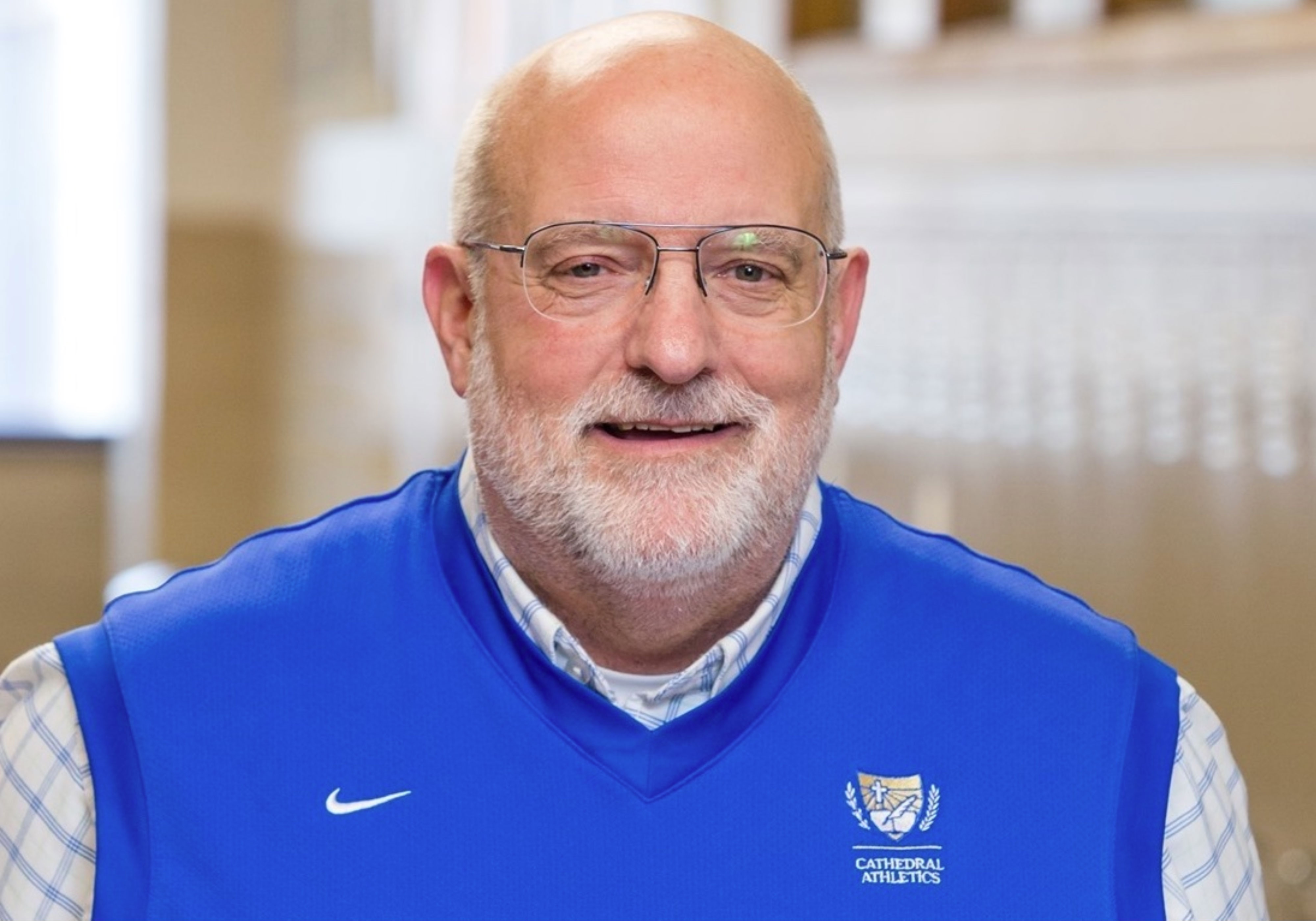A Proactive Approach to Heart Health and AFib After COVID
Heart & Vascular Care“We are so fortunate to have such top-notch medical care right here in our community.”
Emmett Keenan always has been an active member of the St. Cloud community. He attended Saint John’s University in Collegeville to become a teacher and a coach. And later, having a passion for health and fitness, he joined WJON’s broadcast team and served as an announcer for many Central Minnesota high school sporting events. In 1998, when the athletic director position opened at Cathedral High School, applying for the job was a no-brainer for him.
Being in this role, Emmett knew the importance of preventative health and medicine. Emmett wanted to stay as active as he could as he aged, so 11 years ago he decided to get his hips replaced. During his pre-operation physical, Emmett was diagnosed with atrial fibrillation, also called AFib. Atrial fibrillation is a common heart rhythm problem that can lead to blood clots in the heart and increase the risk of stroke. Thankfully for Emmett, he was young and healthy, so his cardiologist suggested no major action, just watchful waiting.
In November 2020, Emmett tested positive for COVID-19. Knowing that COVID-19 can set off blood clotting, Emmett felt that his AFib might put him at increased risk. So, after he recovered, Emmett decided to be proactive and scheduled an appointment with the CentraCare Heart & Vascular Center to make sure the virus did not cause problems with his heart and to assure his AFib was still in check.
Emmett saw Cardiologist Paul Sander, MD, who thought it would be reasonable for Emmett to have some further testing. Fortunately, all the tests came back normal. Emmett said his experience with the CentraCare Heart & Vascular Center was outstanding, saying “everyone was professional without seeming cold. They could laugh with me and treated me with respect.”
Dr. Sander said he and his team make a point of listening and connecting with patients to let them know they care. Emmett stated that this ability to connect with patients was off the charts and that “people need to know what an asset the Heart & Vascular Center is to this community.” Emmett often thinks about how different his experience would have been if he had to drive the Twin Cities for heart care. “We are so fortunate to have such top-notch medical care right here in our community,” said Emmett.
When it comes to heart problems and COVID-19, don’t put off going to the doctor out of fear of being exposed to the virus. Medical facilities have increased safety protocols and are some of the safest places to be. Also be aware that heart disease symptoms, like fatigue and shortness of breath, are similar to COVID-19 symptoms. If you are not sure about what might be happening with your body, schedule an appointment with your doctor. If having a heart emergency, don’t try to ride out the problem at home. Call 911 at the first sign of a heart attack or stroke.
